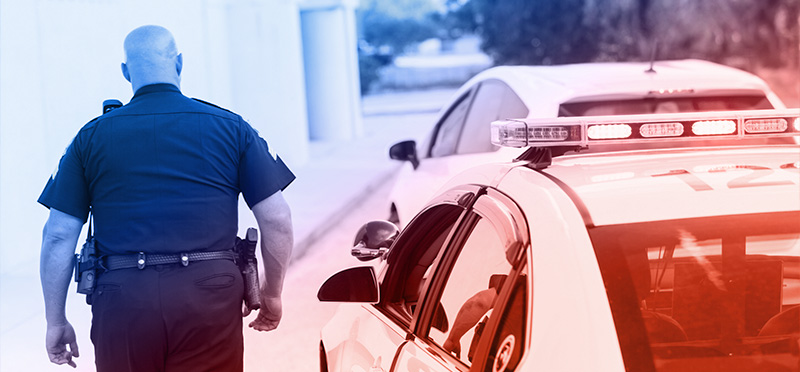What You Need to Know About Racial Profiling Claims
Posted in Criminal Defense,Police on July 22, 2019
Racial profiling by police officers definitely exists in the United States. The reasons for this profiling, and the extent of the issue, are the subjects of considerable debate.
Truthfully, these uncertainties make it difficult to establish these claims in civil court. Even though the buren of proof is low, compelling evidence of racial profiling is difficult to obtain. Additionally, many plaintiffs have a hard time establishing unique damages, except in very extreme cases.
However, a racial profiling claim in criminal court is different. For example, there is no need to prove damages. Additionally, since the public’s opinion of police officers recently hit a 22-year low, racial profiling arguments often resonate with Orange County jurors in criminal cases.
As a result, a profiling claim could significantly affect the outcome of your criminal case. Specifically, profiling helps criminal defense lawyers establish reasonable doubt. In criminal court, unlike civil court, defendants do not need to “prove” anything. They must simply cast enough doubt on the prosecutor’s case to sway a jury.

Evidence in Racial Profiling Claims
Racial profiling is usually an issue during the initial law enforcement contact. Defendants may use either deductive or inductive evidence to undermine the state’s claim that there was reasonable suspicion for the stop.
Briefly, “reasonable suspicion” means the officer possessed specific, articulable facts which indicated criminal activity was afoot. The Supreme Court has watered down this doctrine in recent years, in cases like Utah v. Strieff (2016).
However, the rule remains in place. “He didn’t look right” is not reasonable suspicion. Similarly, a defendant’s furtive movements, such as reaching under a seat or glancing nervously in the rear-view mirror, do not constitute reasonable suspicion either.
Deductive evidence of profiling is usually statistical evidence. If a law enforcement division arrests people of color at a significantly higher rate than the national average, that statistic could be evidence of profiling. Again, the defendant does not need to prove a claim in criminal court. Casting doubt on the prosecutor’s case is all that’s necessary.
Inductive evidence usually includes things like the arresting officer’s racial track record, or the number of nonwhite stops at a certain location.
In both these situations, evidence of racial animus may make the difference. Many people “like” social media pictures or send posts without thinking first. Additionally, there may be a deep-seated animus that even the officer is not aware of.
The evidence-gathering process is tedious and time-consuming. However, in extremely serious criminal cases, like murder and sexual assault, the time investment may be worthwhile.
How Racial Profiling Affects Your Case
Credible evidence of racial profiling could make a difference in several different phases of the criminal prosecution.
First, profiling could affect a reasonable suspicion showing. If the evidence was extremely shaky at the point of first contact, as it often is, a Riverside criminal defense attorney could successfully argue that profiling played a part in the arrest.
Second, evidence of profiling could help a sex crime attorney negotiate a more favorable pretrial agreement with prosecutors. This agreement could include reduced charges. That’s especially important in the a for monitored sex crimes cases.
Finally, profiling evidence could affect the jury’s attitude about the arresting officer or other official participants in the case. If even one juror believes that profiling played a significant role in the prosecution, the jury could return a not-guilty verdict.
Work with a Diligent Lawyer
Evidence of racial profiling could affect the outcome of a criminal case. For a free consultation with an experienced criminal defense attorney in Riverside, contact Graham Donath Law Offices, APC. We have offices in Riverside and Irvine.

